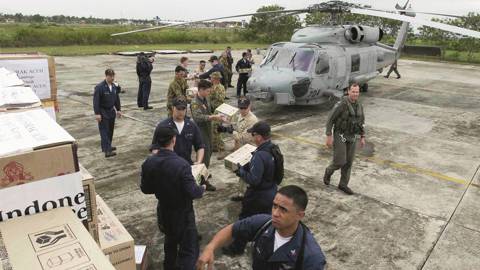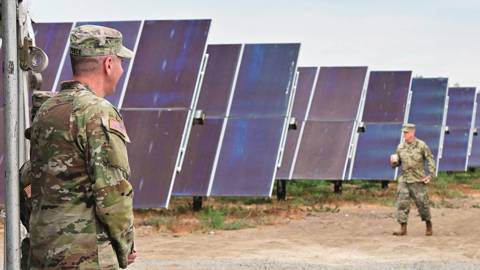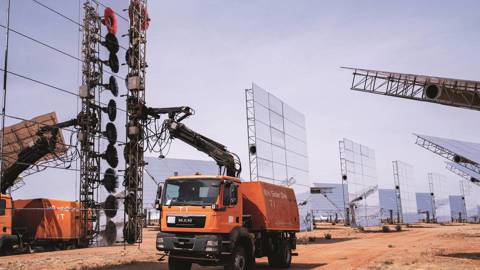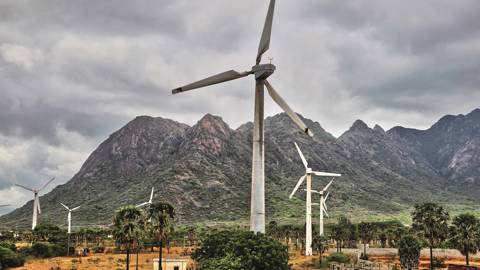Quarterly
A quarterly magazine featuring commentaries, interviews, predictions, book recommendations, and much more, all from the world’s leading thinkers. Scroll down to view the full archive.
A quarterly magazine featuring commentaries, interviews, predictions, book recommendations, and much more, all from the world’s leading thinkers. Scroll down to view the full archive.
More than just a test of humanity’s collective resolve, climate change is also a test of existing institutions, and that makes it a profound security risk. When a fully globalized, interdependent world is placed in a kiln and the heat is turned up, some systems will eventually emerge stronger, but many others will fail.
Login to Look Inside Subscribe to View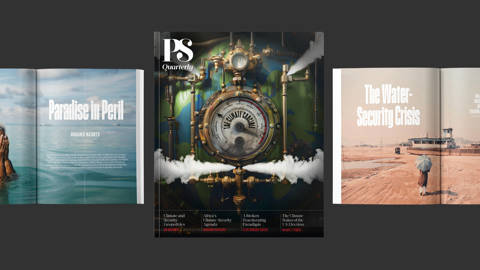

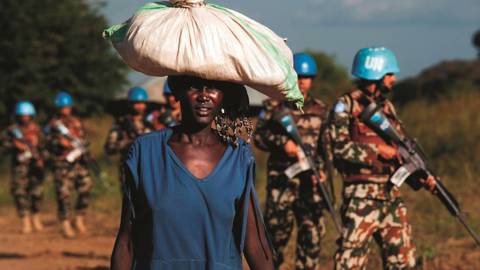

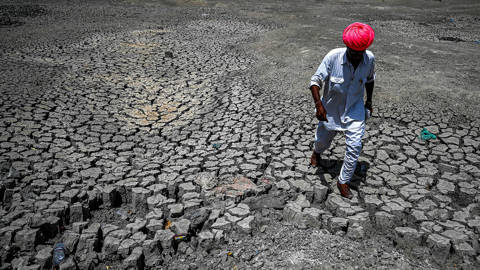
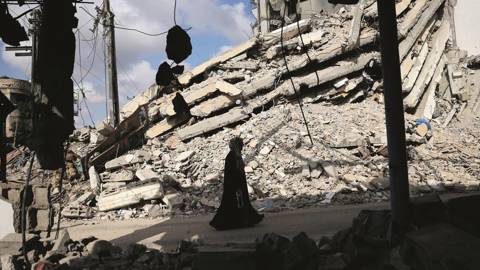
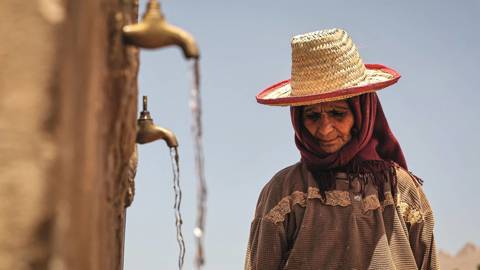

Subscribe to PS Premium to secure
the Work and Fate magazine
